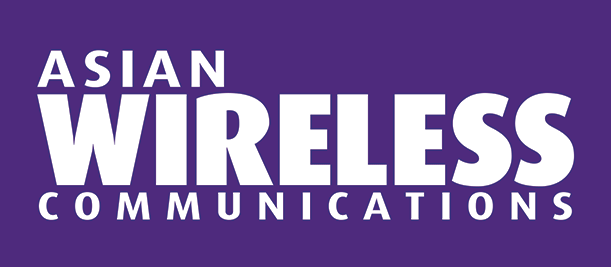03 July 2024

Carlo Agdamag, manager, Access Partnership
The Philippines is making significant strides toward modernising its outdated telecommunications regulatory framework through the proposed enactment of the Konektadong Pinoy Act. In line with the country’s digital transformation drive, the bill has been designated as a legislative priority. Having already passed the House of Representatives, it is now pending deliberations in the Senate.
The Act’s main focus is on overhauling the country’s data transmission sector by improving infrastructure and enhancing market competition. Its enactment is expected to address critical issues of affordability, speed, and accessibility. Ultimately, this will foster a more inclusive digital environment, bringing the Philippines’ internet connectivity on par with its ASEAN peers.
Key reforms proposed by the measure
The Act proposes four key pillars of reform to ensure more reliable and affordable internet connectivity across the country:
Streamlining procedures and eliminating entry barriers – One of the most significant aspects is the removal of the legislative franchise requirement for those intending to build a data transmission network or hold spectrum, a century-old mandate that has hampered digital infrastructure expansion and allowed inflated internet prices. By removing this requirement, the bill will enable ISPs to deploy their own networks, encouraging investment and promoting the entry of more market players. Additionally, the bill simplifies the current licensing framework by shifting to a registration process, which could foster a more competitive and dynamic market.
Efficient use of radio spectrum – The bill proposes measures to optimise the use of scarce radio spectrum resources by developing a comprehensive and transparent spectrum management policy framework. This will institutionalise the conduct of spectrum auctions and the implementation of fixed periods for spectrum licenses to ensure these resources are allocated efficiently and fairly. Such reform will allow optimised utilisation of this finite resource, enhancing service quality and expanding coverage, particularly in remote and underserved areas.
Improving access to infrastructure – The bill requires telecom companies to share infrastructure, which will lower operational costs and facilitate market entry for new companies. This is especially crucial in rural areas where small ISPs drive services due to telcos’ limited presence.
Strengthening enforcement – To ensure quality internet for all Filipinos, the Act strengthens the regulator’s enforcement through performance standards holding companies accountable, creating transparency and accountability.
Addressing the state
The current sector state underscores urgent reform need. It is effectively a duopoly dominated by vertically integrated incumbents controlling most subscribers, while numerous small-scale ISPs rely heavily on incumbents’ wholesale infrastructure often facing challenges accessing these networks.
A significant urban-rural divide exists. In urban centres, higher-income consumers and businesses drive broadband demand primarily served by large telcos. Rurally, areas depend on small ISPs for internet as major telcos offer limited mobile broadband and fixed broadband coverage, with only 33% of households having fixed broadband access below the ASEAN average. Although expanding, small ISPs’ investments are limited compared to larger telcos.
Enhancing competition and services
The Act aims to address these issues by enhancing competition and breaking incumbents’ market power to create a more dynamic, competitive telecommunications sector. By removing barriers to entry and encouraging new players, the bill seeks to foster innovation and improve service quality. This approach should benefit consumers by providing more choices and better internet services at competitive prices.
Satellite and last-mile focus
A crucial aspect is enhancing satellite technology vital for providing remote area access where traditional infrastructure is impractical, especially for an archipelago like the Philippines. The bill seeks to institutionalise the recent Executive Order on satellite liberalisation, fostering a more stable regime for satellite systems attracting significant interest from players like SpaceX’s Starlink recognising Philippine market potential.
However, satellite connectivity often remains unaffordable for many households requiring substantial hardware and service costs.
Affordable fixed and mobile broadband are thus equally critical for broader accessibility. Increased competition can ensure better pricing, higher speeds and improved access across income levels. These networks generally offer faster speeds and lower latency, making them more suitable for densely populated areas and activities requiring real-time responsiveness.
A connected future
With enactment, Filipinos can expect affordable, quality internet services, particularly in unserved and underserved areas. Beyond creating a competitive market, it transforms digital infrastructure access by ensuring all have modern ICTs, aligning with digital inclusion goals bridging the country’s divide.
The Konektadong Pinoy Act represents a bold, forward-thinking reform initiative creating a more dynamic, inclusive and connected Philippine society, setting the stage for significant connectivity advancements bolstering national progress and development.






